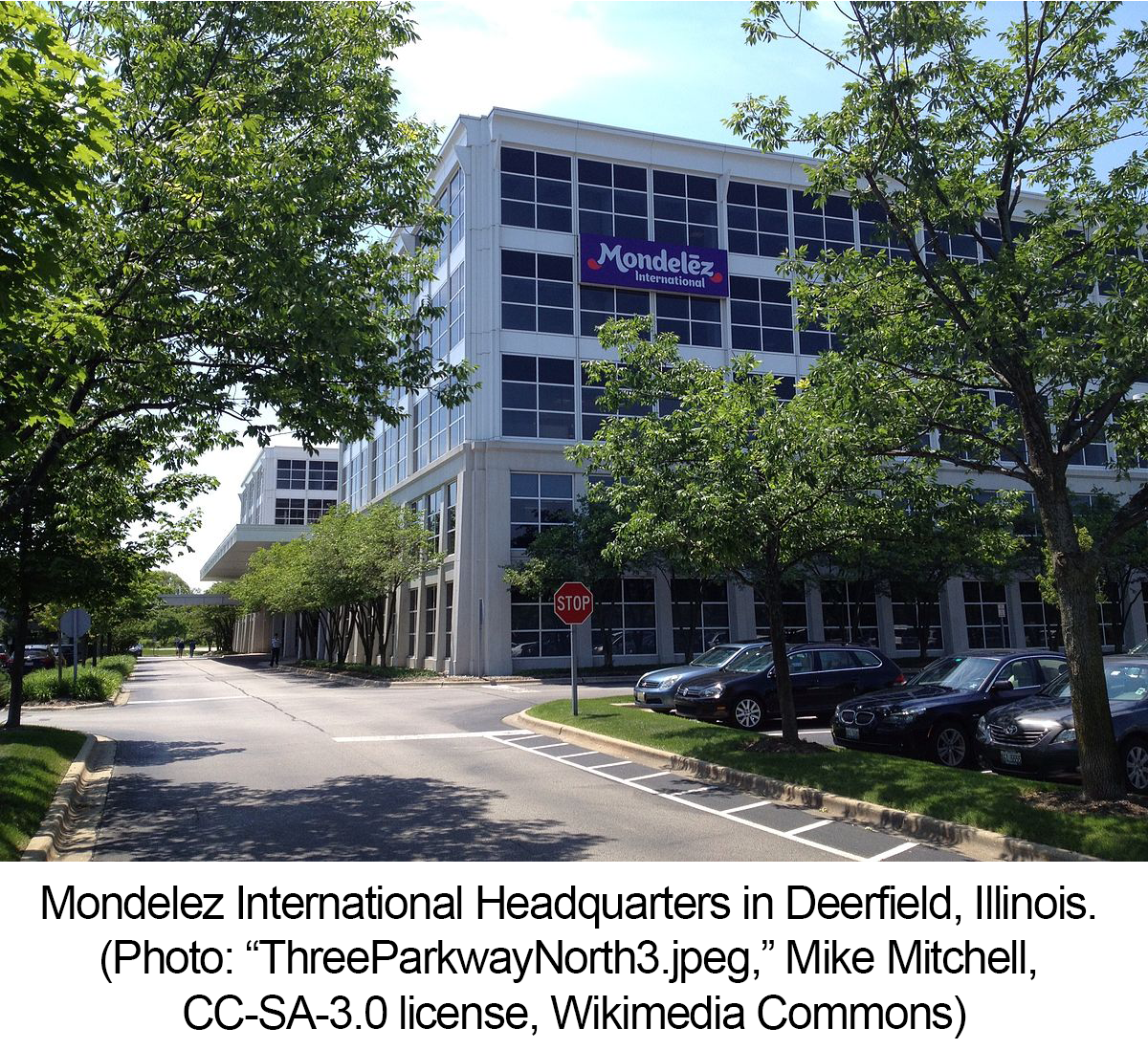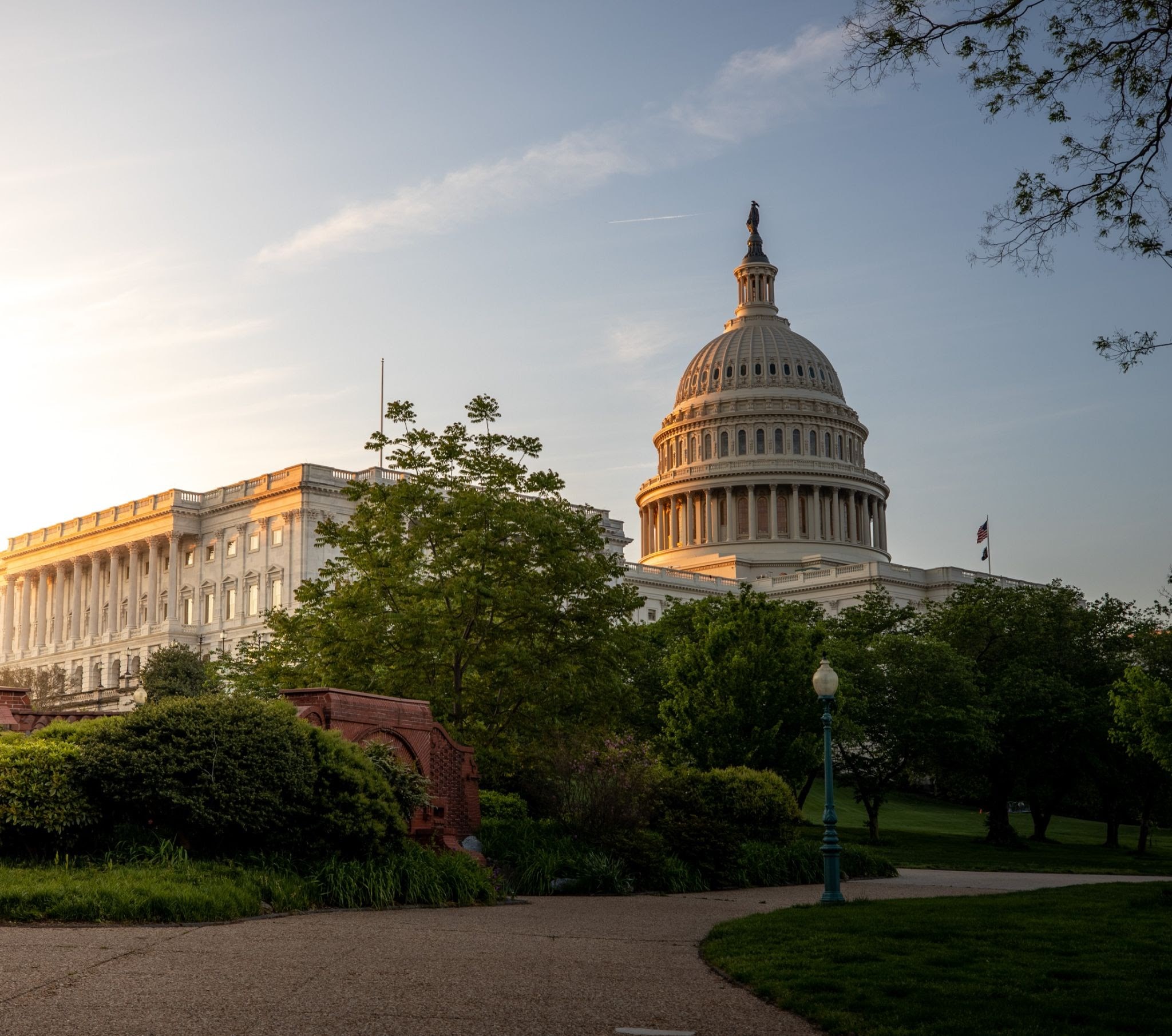|
|
House Passes Budget Resolution Agreement |
|
The House passed a $3.5 trillion budget blueprint on Tuesday with a 220-212 party-line vote, paving the way for Democrats to pass a robust spending package that will invest in families, retirees, and seniors. The package will include allowing Medicare to negotiate lower drug prices, adding guaranteed hearing, dental and vision benefits to Medicare, and healthcare expansion.
It will also provide funding to expand home-based health care for seniors under Medicaid. The Biden administration has emphasized the need to allow Medicare to negotiate lower drug prices and the idea has support from voters of all ages from both parties. Further, according to a recent poll commissioned by the Alliance, a majority of seniors, regardless of their political affiliations, want savings from negotiated drug prices to be invested in expanding Medicare benefits.
The House also approved a September vote for the $1 trillion infrastructure bill that has already passed the Senate. This bill will include funding for physical infrastructure projects like modernizing the nation’s passenger rail system, repairing roads and bridges, and improving public transit and ensuring internet access for Americans.
“The house votes are important steps toward getting relief for older Americans. But we know that the pharmaceutical and health insurance corporations want to block or weaken the drug negotiation and Medicare expansion provisions,” said Richard Fiesta, Executive Director of the Alliance. “We need to keep fighting until these priorities are signed into law.”
|
|
Nabisco Workers Go On Strike in Five States to Fight Offshoring, Preserve Pension Benefits |
|
Nabisco employees, represented by the Bakery, Confectionery, Tobacco Workers and Grain Millers International Union (BCTGM) are on strike to protest offshoring of jobs to Mexico as well as requiring 10-hour workdays without overtime pay. Workers are also demanding that Nabisco’s parent corporation, |
|
|
Mondelez International, restore employee pensions that were cut and replaced with a 401(k) plan three years ago.
The strike began with a walkout on August 10 in Portland, OR, and has since expanded to include workers in Aurora, CO, Richmond, VA, Chicago, IL, and Norcross, GA. Union employees in all five states have worked under the same contract that expired in May. BCTGM leadership argues that Mondelez International is making record profits but still trying to wring more hours from staffers who are already overworked and in understaffed production plants.
“We stand in solidarity with all the Nabisco workers who are currently on strike. All working Americans should be able to receive the benefits they’ve earned and bargained for,” said Robert Roach, Jr., President of the Alliance. “Mondelez’s workers have worked through the pandemic, and the corporation promoted these employees as heroes while they made record profits. These workers deserve far better than harsh and unsustainable work schedules and fewer jobs.”
|
|
House Passes the John R. Lewis Voting Rights Act |
|
|
On Tuesday, the House passed the John R. Lewis Voting Rights Advancement Act (H.R. 4) with a 219-to-212 vote. Rep. Terri Sewell (AL) introduced the bill earlier this month and more than 190 members signed on as co-sponsors.
The bill reinstates key portions of
|
|
the 1965 Voting Rights Act that the Supreme Court struck down in 2013. Specifically, it will restore the requirement for Southern states to get “pre-clearance” from the U.S. Attorney General or federal judges before making election or voting law changes. Another important piece of voting rights legislation, the For the People Act (H.R. 1), has been stalled in the Senate after a Republican filibuster in June.
Eighteen states have already enacted voter suppression laws restricting the availability of drop boxes, voting by mail and other voting procedures used by older voters. “The right to vote is sacred and no one should have to face unnecessary barriers to cast a ballot,” said Executive Director Fiesta. “The Senate must pass the John R. Lewis Voting Rights Advancement Act and other crucial voting rights legislation like H.R. 1.” |
|
Older Workers Struggling to Stay in Workforce |
|
As Americans work longer into their lives due to the extremely high cost of retirement, workers continue to face age discrimination. While some economists posit that COVID is responsible for many Americans retiring against their wishes and earlier than they had expected, this current situation only represents a continuation of an existing pre-pandemic trend.
A new study that reviewed data from 2010-2018 shows the trend is far worse than previously thought. Fifty-five percent of older workers (workers age 55+) in the bottom half of the income distribution were forced to leave the workforce before they had hoped to, with that number only marginally better for middle class workers aged 55+ (32%).
“This study tells us things we already knew--that older workers are being unjustly pushed out of the workforce,” said Joseph Peters, Jr., Secretary-Treasurer of the Alliance. “We must ensure that older workers are not discriminated against. The Senate can help by passing H.R. 2062, the Protecting Older Workers Against Discrimination Act of 2021, as soon as possible.” |
|
KHN: After Pandemic Ravaged Nursing Homes, New State Laws Protect Residents By Susan Jaffe, Kaiser Health News |
|
When the coronavirus hit Martha Leland’s Connecticut nursing home last year, she and dozens of other residents contracted the disease while the facility was on lockdown. Twenty-eight residents died, including her roommate.
“The impact of not having friends and family come in and see us for a year was totally devastating,” she said. “And then, the staff all bound up with the masks and the shields on, that too was very difficult to accept.” She summed up the experience in one word: “scary.”
But under a law Connecticut enacted in June, nursing home residents will be able to designate an “essential support person” who can help take care of a loved one even during a public health emergency. Connecticut legislators also approved laws this year giving nursing home residents free internet access and digital devices for virtual visits and allowing video cameras in their rooms so family or friends can monitor their care.
Similar benefits are not required by the Centers for Medicare & Medicaid Services, the federal agency that oversees nursing homes and pays for most of the care they provide. But states can impose additional requirements when federal rules are insufficient or don’t exist.
And that’s exactly what many are doing, spurred by the virus that hit the frail elderly hardest. During the first 12 months of the pandemic, at least 34% of those killed by the virus were residents of nursing homes and other long-term care facilities, even though they make up fewer than 1% of the American population. The vaccine has since reduced virus-related nursing home deaths to about 1 in 4 covid-related fatalities in the United States, which have risen to more than 624,000, according to The New York Times’ coronavirus case tracker.
|
|
Thanks for reading. Every day, we're fighting to lower prescription drug prices and protect retirees' earned benefits and health care. But we can't do it without your help. Please support our work by donating below. |
|
|
|
|
Alliance for Retired Americans | 815 16th Street, NW | Washington, DC 20006 | www.retiredamericans.org



